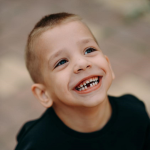What Autistic Children Can’t Do
Most often we look at a special autistic child through the prism of a classification of general symptoms. However, it is not always possible to fully realise the comprehensiveness and multifaceted nature of these symptoms. Looking at the abilities and skills that such children lack can lead to a better understanding of how much they need help and specialised treatment.
What can’t an autistic child do? For example:
- Ride a bike
- Play with other children outside
- Speak freely with an interlocutor
- Feel what the average child feels
- Understand their own emotions
- Show interest in the things around them
- Monitor body coordination
- Plan their day
- Adapt to routine life changes
- Build complex sentences
- Express feelings fully verbally and non-verbally
- Control their behaviour
- Tie their shoelaces and sometimes zip a jacket
- Cope with stress
- Get acquainted with others and maintain long-term friendships
- Think critically and abstractly
- Be open to new life challenges
- Cope independently with stereotypical movements of the limbs or head
- Suppress internal aggression
- Understand instructions
- React to their own name
- Study in a regular school (children with severe stages of autism)
- Play with regular children’s toys
- Brush their teeth, take a shower, and use the toilet (in some cases)
- Remember new information
- Love parents and other family members
- Understand the underlying meaning of information that was read or heard
- Understand non-verbal speech, including facial expressions, gestures, and intonation
- Concentrate and focus their attention
- Recognise dangerous situations and activities
- Perceive the world around them as others do
This list is approximate and far from complete. One child will not necessarily be deprived of all the abilities listed above. But for autists, it is not typical to be like everyone else. They need help.
The beautiful term “special child” hides the great personal tragedy of a patient with the disease and the titanic struggle of the parents’ efforts to help their child. For all of them, another day is a battle for their place in society and for the role of their child in it. Temporary periods of apathy caused by the understanding that the child will never be completely healthy can be replaced by new enthusiasm — it is possible to live with this diagnosis! And it is real to maintain a good standard of living with modern specialised treatment for childhood autism.
This is the main advice for parents, which will save time and give the desired result.
The Mardaleishvili Medical Centre is one of several clinics in the world that uses unique cell therapy against ASD
The stem cell transplant procedure is technically complex, so it cannot be used everywhere. But it is so effective that people are ready to go abroad for a chance to restore the health of their child or maximally help. There are known cases of almost complete recovery after treatment of childhood autism spectrum disorder with stem cells. Patient health improved significantly in all other situations — they became more capable of learning and, as a result, were able to do the following:
- Master vital skills
- Learn to be more independent
- Understand their feelings and inner world and expand their horizons through interest in the outside world
- Overcome coordination, speech, and intellectual dysfunctions
Reduce the list of things your child cannot do — sign up for correction of childhood autism at the Mardaleishvili Medical Centre in Georgia!
Autism Treatment Center Videos
Autism treatment with own stem cells
Cord blood association congress
International Quality Crown
Autism Treatment Reviews
Autism treatment with own stem cells
The story of Alessandro (6 years old)
Autism Patient Testimonial - Stem Cell Treatment
Clients Testimonials

Feedback from Igor, David’s father (12 years old) Read More
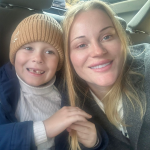
Feedback from Olga, Fedya’s mother Read More
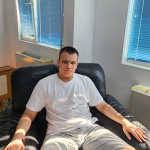
Feedback from Natalia, Radomir’s mother (15 years old) Read More
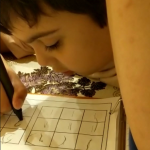
Feedback from Esther, Samuel’s mother (8 years old) Read More
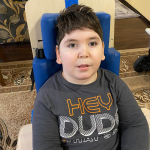
Feedback from Abibe, Selim’s mother (7 years old) Read More
